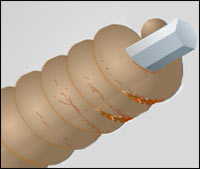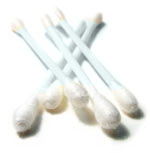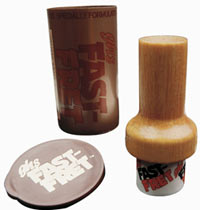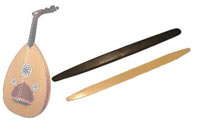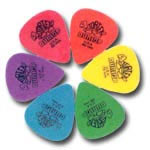Alternate tuning might not seem like an easy task, but “Drop D” tuning is both easy and widely used. Modern rock, metal, and even jazz has used this tuning to make an easier playing method that gives a darker tone to music. A large number of songs, such as “Spoonman” by Soundgarden, take full advantage of the Drop D tuning method- allowing all power chords to be played with one finger!

Figure 1 – Drop D tuning is popular among many music types- such as grunge. Nirvana’s “Heart Shaped Box” used Drop D Tuning.
Continue reading “Drop D” Tuning- Play Faster By Adjusting One String

